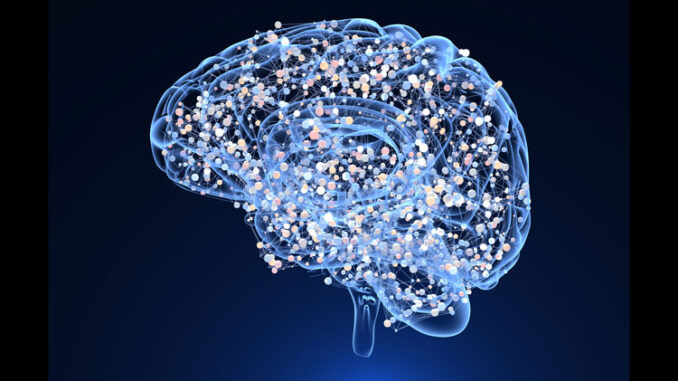
If you want to learn something, how do you study to make sure you remember it? Most people review the information repeatedly over a period of time. You might make flash cards to help with your review. New research shows that brain cells aren’t the only ones that can form memories when information is repeated over time.
You might recall that your brain is the control center of your body. It does all our thinking and communicates with the rest of our body. When information is repeated over time, pathways form in your brain. This happens as chemical changes occur in nerve cells in the brain.
The research showed that learning from repetition doesn’t just happen in brain cells. Kidney and non-brain nerve cells also showed this property. The scientists exposed the cells to repeated chemical signals. They genetically engineered the cells to glow when a memory formed. They found that the more the information was repeated, the longer the memory stayed and the stronger it was. The study also highlighted the importance of taking breaks.
Learning about how memories form is important in treating learning and memory-related conditions. It can also enhance the way we study and learn. For example, cramming for your next test may not be the best strategy.
Researchers think memory could be a property of all cells. For this reason, they suggest treating our bodies more like our brains. For example, if our body remembers how meals affect our health, we need to consider what those meals are and when they are eaten. Researchers also think this may offer strategies in the treatment of other types of diseases. For example, if cancer cells remember chemotherapy treatments, there may be ways to change the patterns to better fight cancer.
What Can You Do? How can learning about memory help you study?
Photo Credit: Tatiana Shepeleva/Shutterstock



